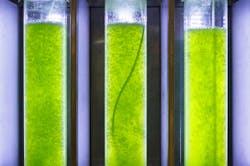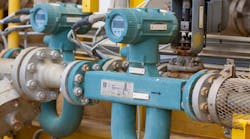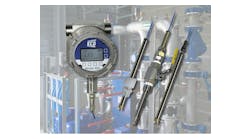Scientists at the U.S. Energy Department’s National Renewable Energy Laboratory (NREL) made a breakthrough in the process of producing ethanol from algae.
The new biorefinery process, known as Combined Algal Processing (CAP), is said to be significantly more effective than previous developments.
Details of the study by NREL’s Tao Dong, Eric Knoshaug, Ryan Davis, Lieve Laurens, Stefanie Van Wychen, Philip Pienkos and Nick Nagle have been published in the journal Algal Research.
Previous research at NREL examined two promising algal strains, Chlorella and Scenedesmus, to determine their applicability as biofuel and bioproduct producers. The study concluded that Scenedesmus performed better, with total fuel yields of 97 gallons gasoline equivalents (GGE) per ton of biomass.
The researchers also determined that through the use of a solid-liquid separation process the carbohydrates can be converted to fermentable sugars, which can then be used to produce ethanol. However, up to 37 percent of the sugars were lost during that process and those sugars “cannot be used for fermentation without a costly washing step, resulting in a loss of overall fuel yield,” according to the Algal Research report.
The new method simplifies the processing, skipping the solid-liquid separation process and exposing all algae components directly to fermentation conditions. That way, both ethanol (from the carbohydrate fraction) and lipids can be recovered simultaneously.
After upgrading the lipids to renewable fuels, scientists achieved a total fuel yield estimated at 126 GGE per ton of biomass — 32% more than the yield from lipids alone.
The scientists concluded that the CAP process could reduce the cost of algal biofuel production by nearly $10/GGE compared to a “lipids only” process, taking the modeled cost down to $9.91/GGE.
“While this is not nearly low enough to compete with petroleum, this approach can be combined with reduced costs for biomass production to provide a path forward to achieve that goal,” NREL said.


